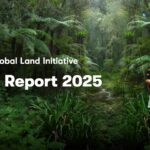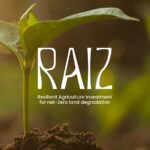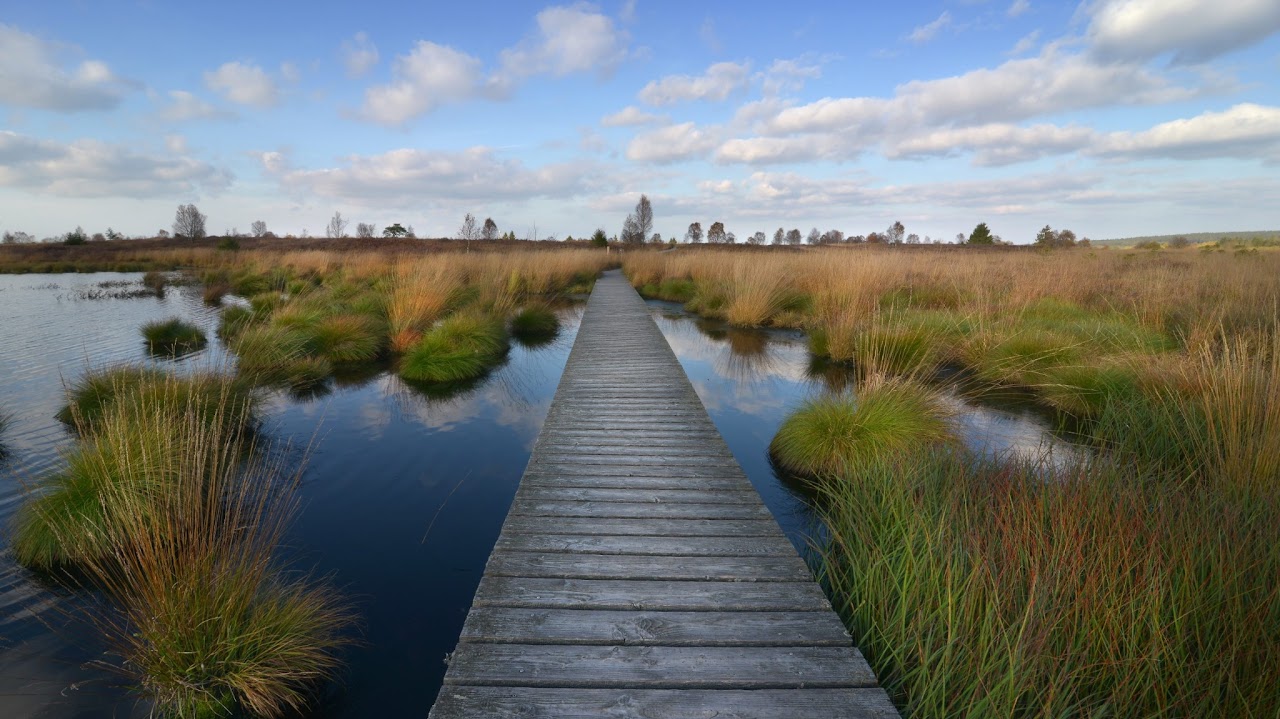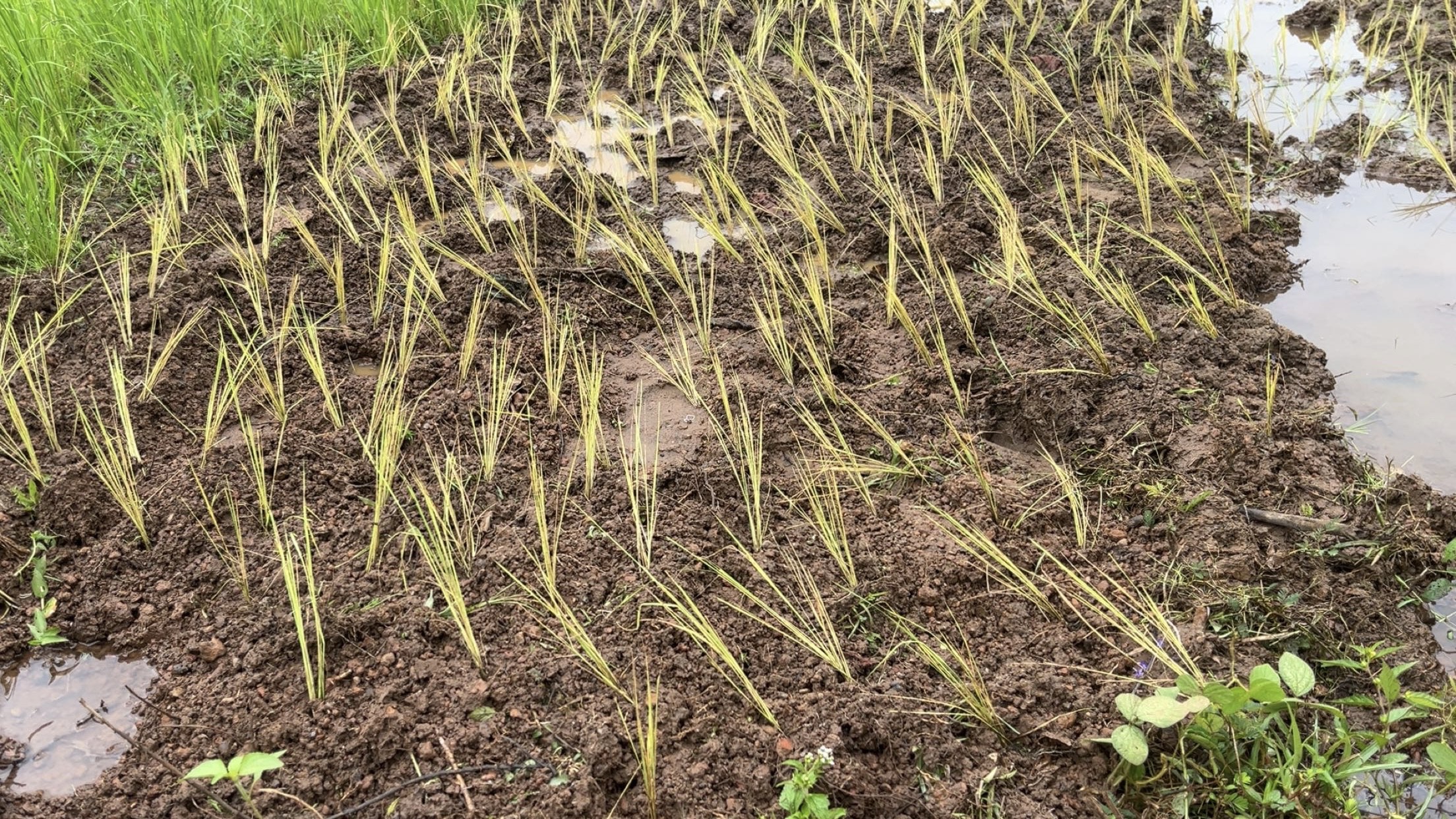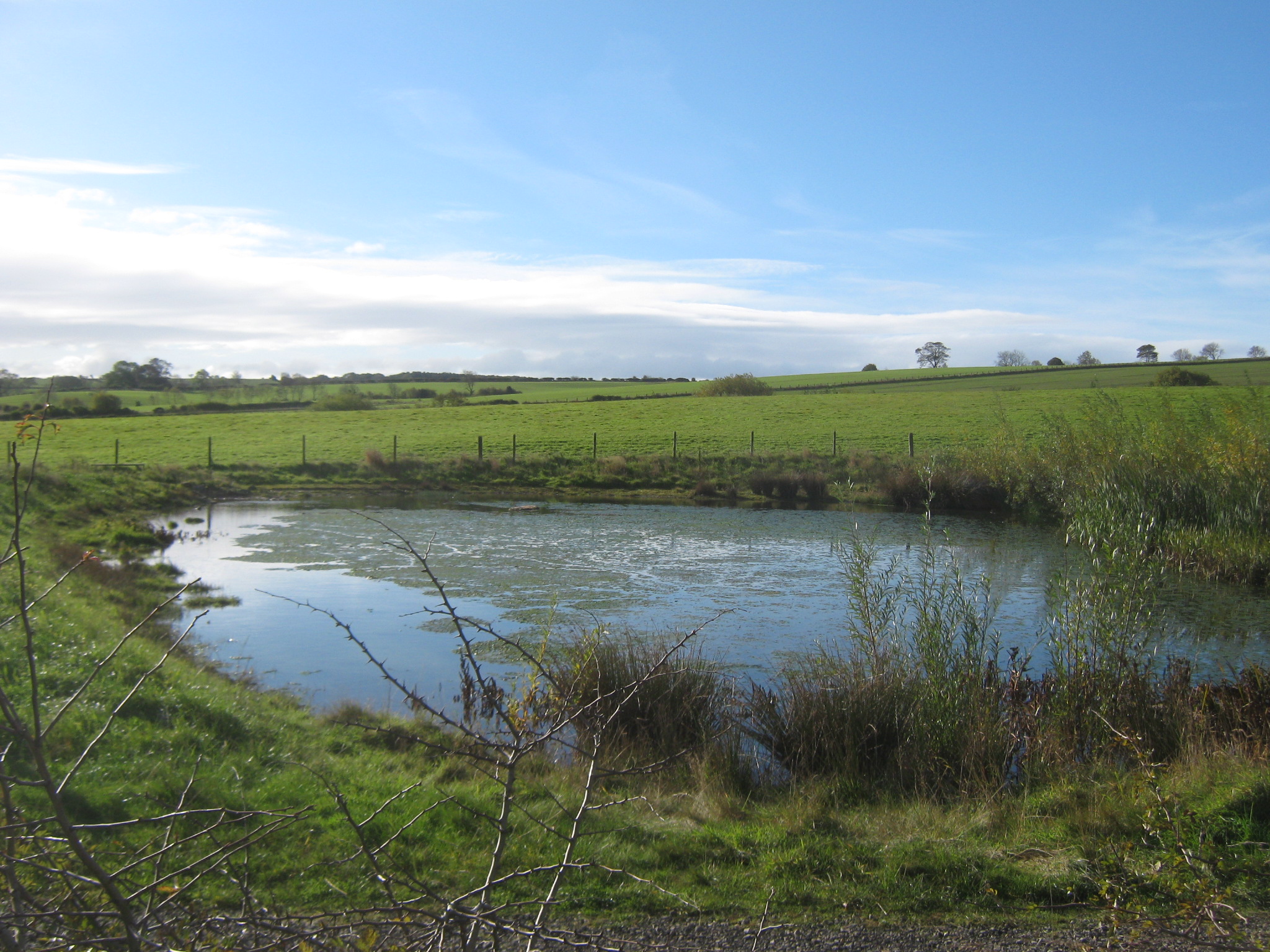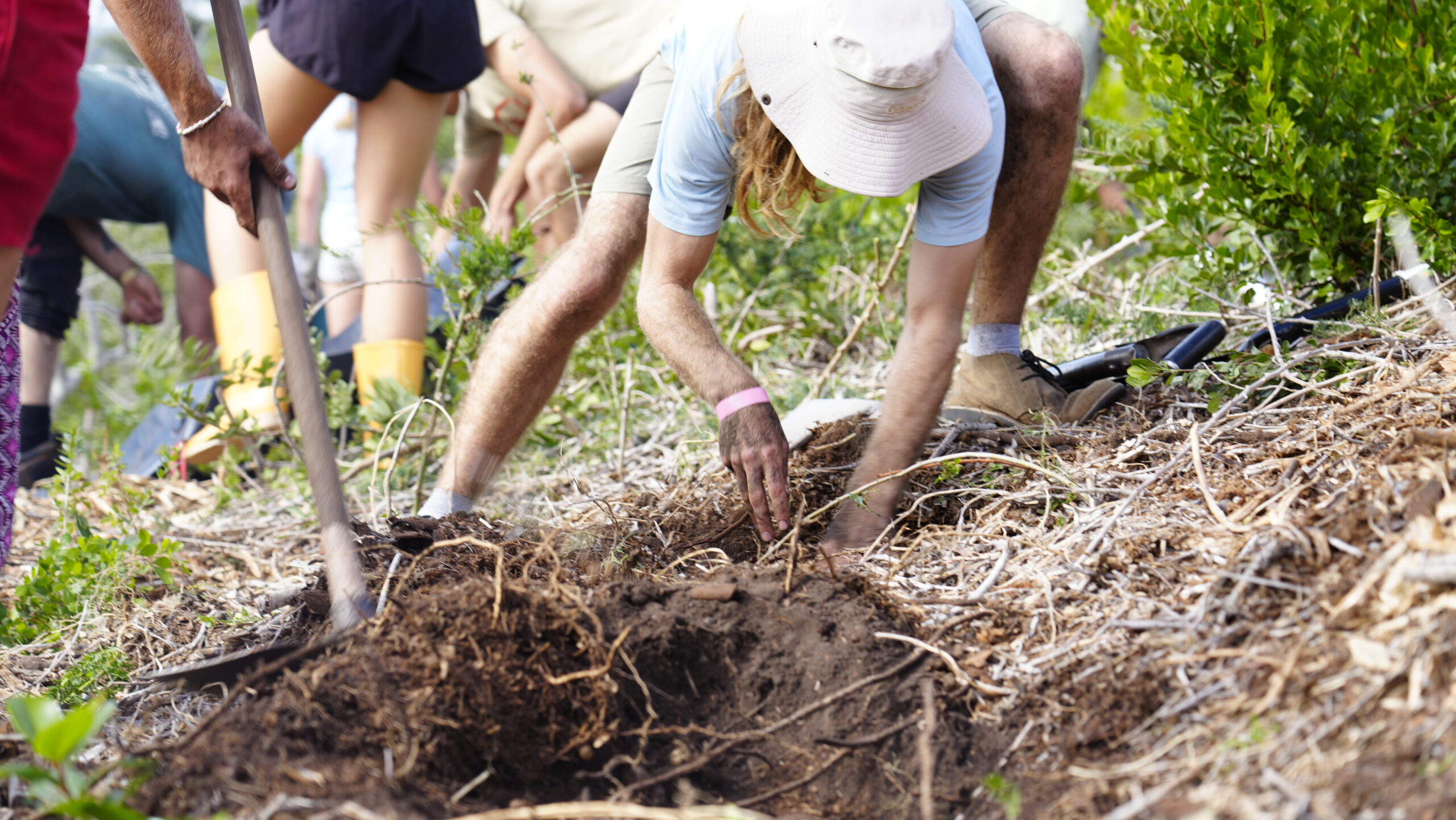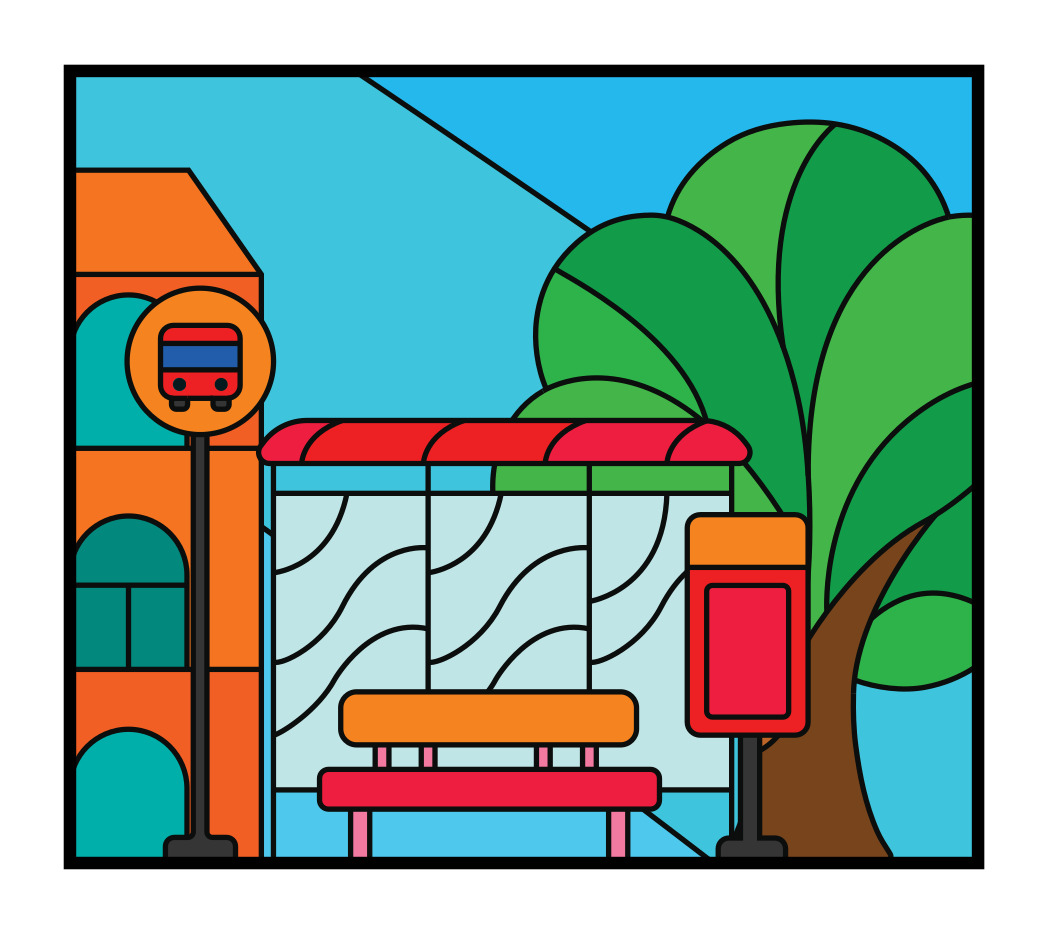Supporting Grassroots Restoration: G20 GLI Small Grants Programme Uniqueness
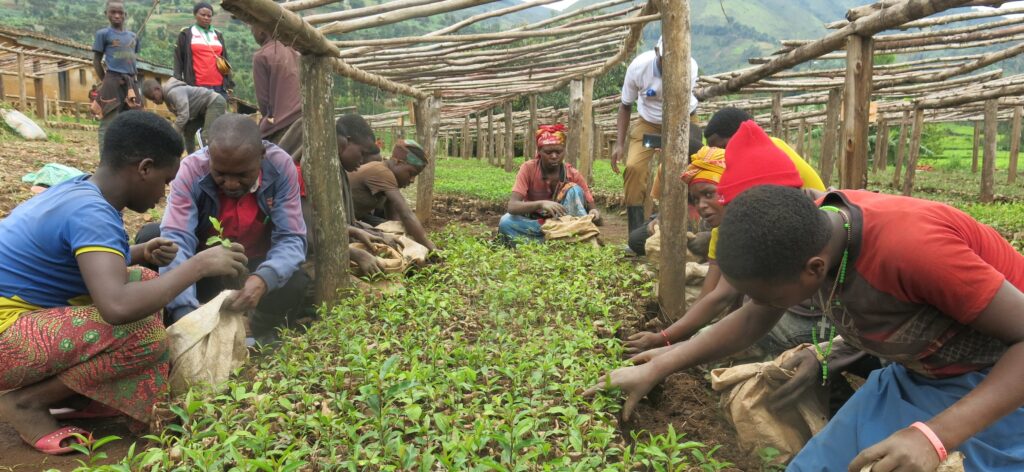
Credit: Mtende Homecraft Foundation
On 15 February 2024, the G20 Global Land Initiative launched the application phase of its inaugural Small Grants Programme for Field Restoration Projects.
The programme supports community-led restoration projects worldwide, offering grants ranging from USD 5,000 to 15,000.
Civil society organizations engaged in community-driven land restoration efforts, regardless of their geographic location, are eligible.
The program encourages diverse restoration activities across various ecosystems, maximizing the impact on land restoration globally.
The response was remarkable, with 673 applications submitted from 100 countries, demonstrating significant interest within the field restoration community.
Following a thorough review and selection process, the G20 Global Land Initiative has selected 39 organizations to receive the vital funding.
Supported projects encompass a wide range of restoration actions, including soil restoration, agroforestry, water resource management and sustainable agriculture.
Additionally, several organizations will use their grants for capacity-building initiatives, providing training and resources to empower communities to enhance land productivity and ecosystem health through sustainable practices. This approach not only improves livelihoods but also strengthens food security.
A key focus of the Grant Program is to foster environmental benefits while ensuring active community engagement.
We particularly look for organizations that involve local communities in their restoration efforts, whether through participatory planning, education, or implementation.
Strong applications demonstrate a clear and measurable impact on land restoration and include innovative techniques or technologies. We value forward-thinking approaches that explore new methods for improving soil health, biodiversity or water systems.
In addition, successful applicants provide solid plans for maintaining the restored land after the grant period ends, ensuring sustainability and long-term benefit.
Applications should also include realistic strategies to manage potential risks, showing thoughtful consideration of environmental, social, financial and political challenges.
Projects that provide essential data about their impact have an advantage. The most important data highlights the number of direct and indirect beneficiaries, the amount of land the project has restored already and the contribution the grant would make if they won.
Additionally stories from the beneficiaries, which provide judges with deeper insights about the impact are invaluable.
On 1 July 2025 we are hosting a webinar to announce the 39 grantees of the Small Grants Programme. Attendees will have the opportunity to learn more about the winning projects, their innovative approaches and the communities they support.
As a bonus, webinar attendees will receive advance information about the second round of applications, so don’t miss the event!
Register here to attend the webinar or find out more about the event on our event webpage.
